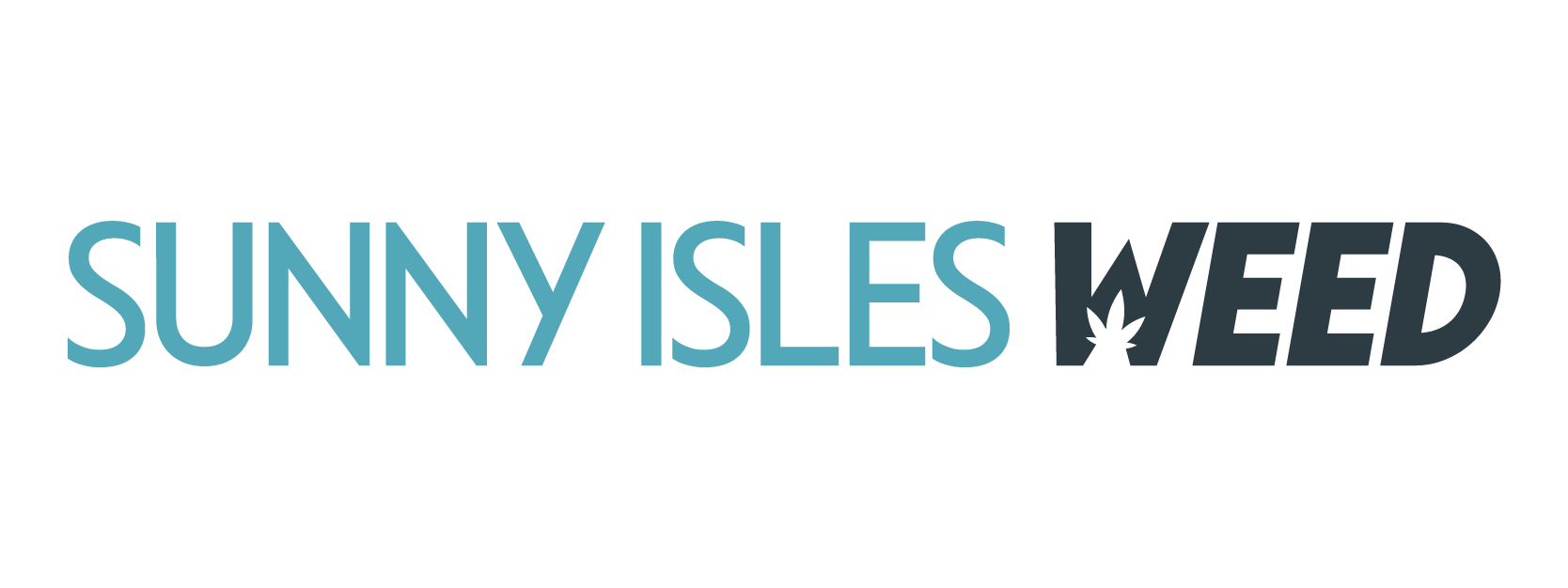Here’s what the record shows: cannabis is partly accepted in Sunny Isles Beach—but mostly behind closed doors. Florida’s medical program is well-established, and qualified patients may purchase and use products from licensed dispensaries. Yet state law still bans public consumption (smoked forms included) and restricts use to private property with consent, a framework that shapes day-to-day norms in this coastal city.
Local policy signals caution in shared spaces. After the Legislature passed HB 105 in 2022—authorizing cities and counties to restrict smoking at beaches and parks—Sunny Isles Beach adopted Ordinance 2022-593, explicitly prohibiting smoking on public beaches and park property. While the ordinance targets tobacco by name, cities have broadly moved to curb smoking and vaping in outdoor civic areas, a posture that reinforces “out of sight” expectations for cannabis as well.
Regionally, enforcement and messaging also nudge behavior. Miami Beach, just to the south, has doubled down on penalties for public marijuana violations, removing a civil-citation option for possession under 20 grams and warning of up to 60 days in jail for smoking in public. Those moves don’t directly govern Sunny Isles, but they influence visitor expectations throughout the barrier-island corridor and underscore that lighting up on sidewalks, parks or beaches is still off-limits.
Statewide sentiment adds nuance. In mid-2024, polls suggested Florida voters were broadly open to adult-use legalization, reflecting cultural normalization across much of the state. But in November 2024, Amendment 3 failed to reach the 60% supermajority needed, leaving recreational use illegal and keeping the legal environment conservative. For residents and tourists in Sunny Isles, that outcome preserved the status quo: medical-only access, no public consumption, and criminal exposure for non-patient possession above low thresholds.
What does this mean on the ground? Social acceptance looks conditional. Medical patients generally encounter little stigma when products are used discreetly in private settings; condominium and hotel policies often frame the boundaries. But civic messaging prioritizes smoke-free beaches, family-oriented parks, and tourist areas where secondhand smoke (of any kind) is discouraged, and where police retain authority to act on public use. In practice, residents and visitors who treat cannabis like alcohol—private, permitted spaces only—fit the prevailing local norm.
Another factor is Miami-Dade’s complicated history with low-level possession. The county created a civil-citation option in 2015 for under-20-gram cases, which some cities and prosecutors later deemphasized or reversed amid legal ambiguities between hemp and marijuana. The net effect for consumers is uncertainty: acceptance at the cultural level, but a patchwork of rules that can shift by city block. That uncertainty encourages discretion, not open consumption.
Bottom line: Sunny Isles Beach has not embraced public-facing cannabis culture in the way seen in fully legal states. Instead, it reflects Florida’s hybrid reality—normalized medical use, cautious public policy, and tourism-driven expectations for clean, smoke-free shared spaces. Until state law changes, local acceptance will likely remain pragmatic rather than celebratory: yes to compliant, private use; no to beaches, parks, and anywhere in public view.
